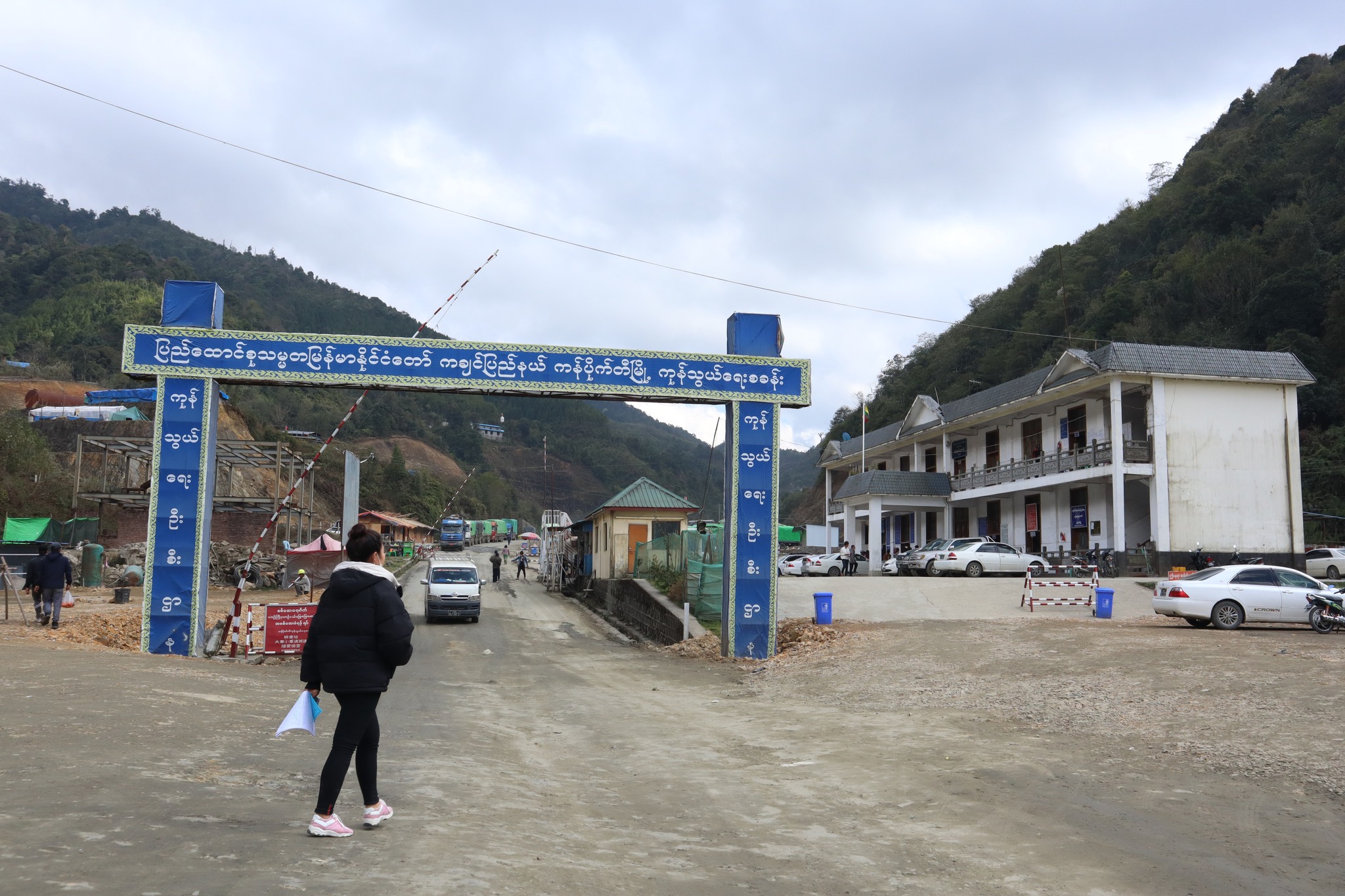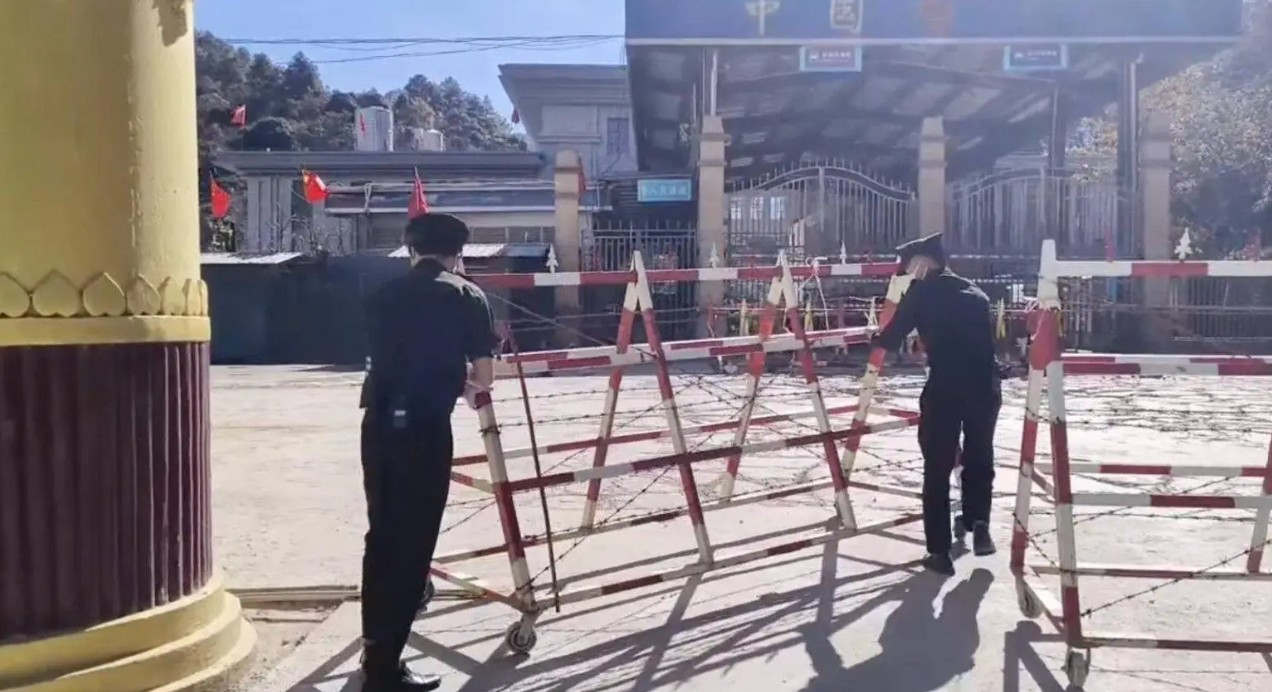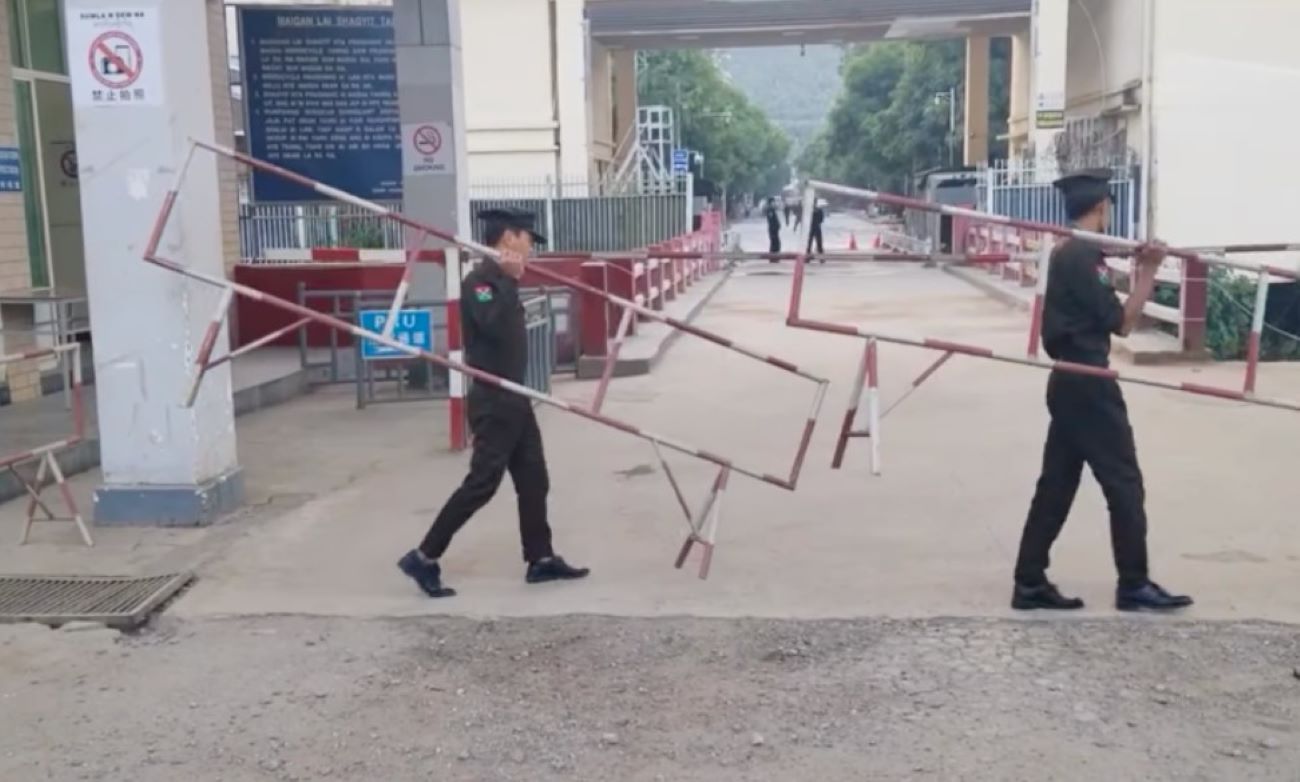CNI News
29 October 2025
Although China and the Kachin Independence Army (KIA) have agreed to reopen Myanmar–China border gates inside Kachin State, military and political analysts believe that the KIA may have to make certain concessions to the Tatmadaw (Myanmar military) as a result of this agreement.
On October 25, 2025, four border gates — Lweje, Kanpaitee, Laiza, and Mai Jayang — were reopened for the import of Chinese consumer and essential goods only.
According to China–Myanmar affairs analyst Dr. Hla Kyaw Zaw, behind China's decision to reopen these gates, the KIA may have to make certain concessions to the Tatmadaw.

Kanpaitee border trade area
“China is certainly making some kind of exchange deal. Once the KIA benefits from the reopening of border gates, it will likely have to make some concessions to the military council. The same thing happened with the MNDAA. Some towns were returned to the junta, and in return, the border gates were reopened. Once trade resumed, economic activity improved significantly. Whether China reopened gates for the MNDAA or for the Ta’ang (TNLA), the result was similar — better trade and a revived border economy. This benefits not only the border groups but also the people of Myanmar. China’s strategy is to pressure both sides — the junta and the ethnic groups — while at the same time revitalizing its major regional free trade network in Asia. Therefore, China is employing multiple tactics to achieve that strategic goal. Under that grand strategy, the reopening of border gates and restoration of trade will gradually continue.”, she said.
Meanwhile, locals say that due to the ongoing political and military turmoil, people across the country are struggling economically as prices of essential goods have sharply risen.
Myanmar affairs analyst U Htet Aung Kyaw told CNI News that China may also be reopening the gates out of humanitarian concern:

While KIA was removing a border gate
“It can also be said that China has slightly reduced its political pressure. Another reason could be humanitarian sympathy. Those of us living in Yangon might not feel it directly, but ordinary people in conflict areas are suffering the most. They are not involved in the fighting, yet they are the ones enduring hardship. In those border areas, commodity prices have skyrocketed. People are facing economic collapse and severe livelihood difficulties.
Therefore, China may have reopened the gates to ease the suffering of local civilians.”
At present, four China–Kachin border gates have reopened, but the Man Wein Gyi gate in Mansi Township and the Panwar gate remain closed.




